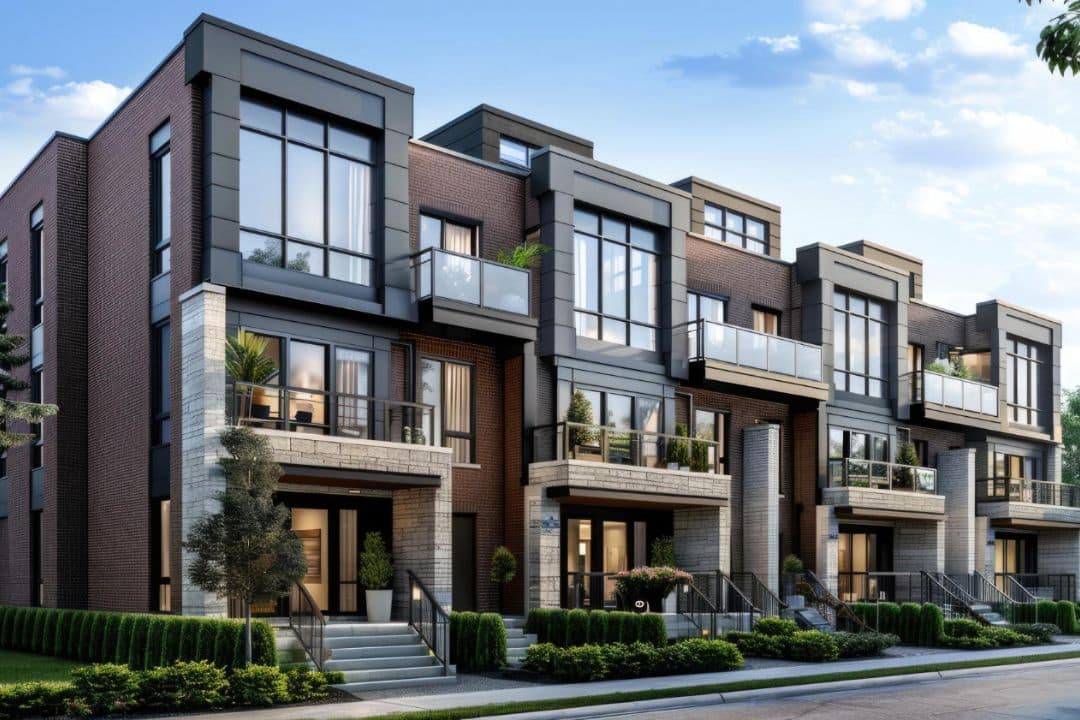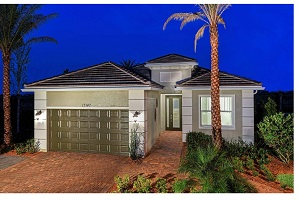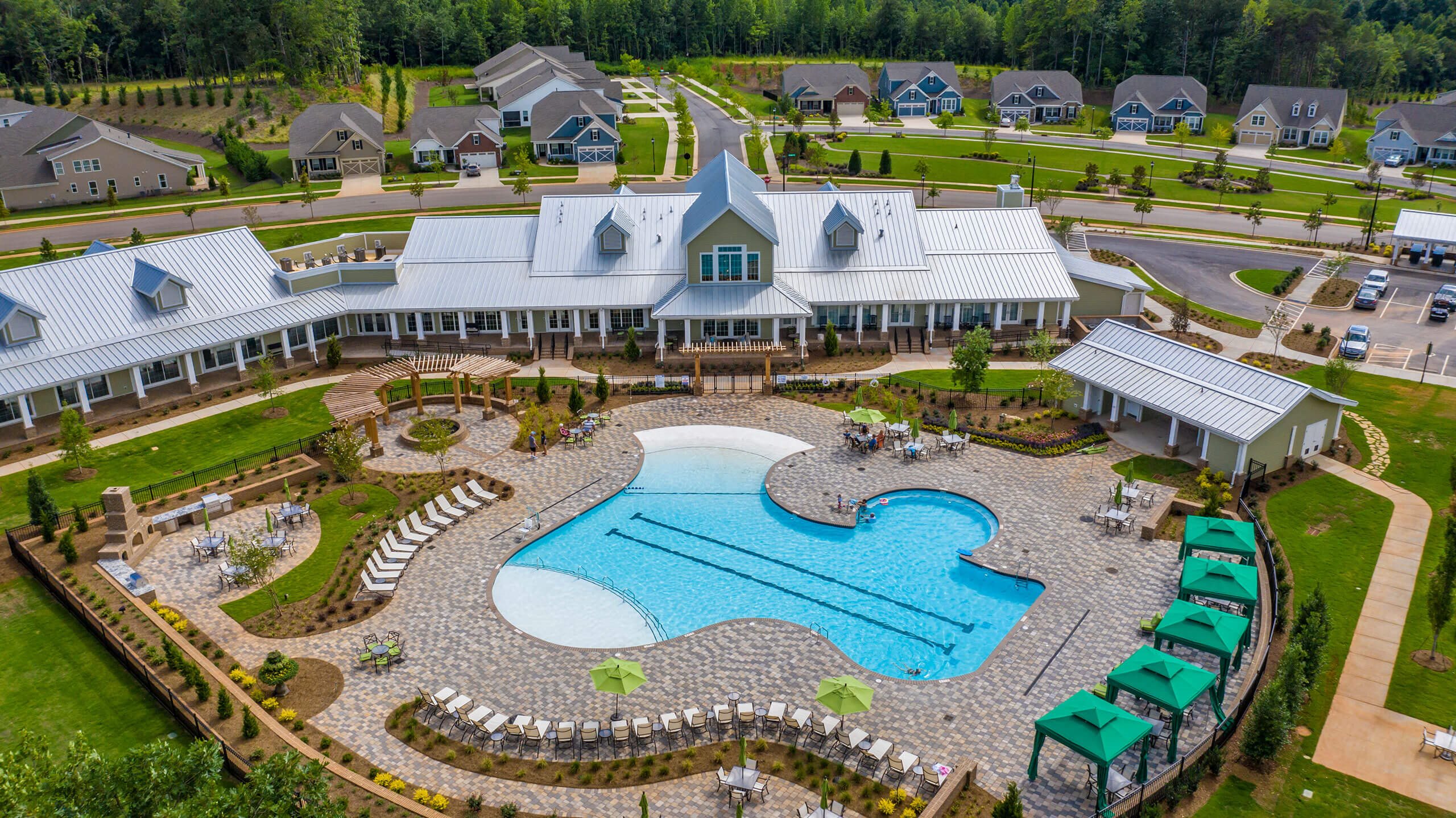As you explore housing options for the next chapter of your life, you may come across terms like “condo” and “townhouse.” Both offer low-maintenance living and a sense of community, making them popular choices for seniors and active adults. But what exactly sets them apart—and which one is right for you?
Let’s break down the key structural, financial, and lifestyle differences to help you make a confident, informed decision.
Structural Differences: Ownership and Layout
Condos: When you buy a condo, you’re purchasing the interior space of your unit. The exterior walls, roof, and common areas (like hallways, lobbies, or clubhouses) are jointly owned with other residents. Most condos are found in multi-unit buildings, though some resemble single-level villas or apartment-style homes.
Townhouse: Townhouses are typically multi-level homes that are attached to other units on one or both sides of them. When you buy a townhouse, you usually own both the interior and the exterior—including the roof, front yard, and backyard (if applicable). Townhouses often have a more traditional residential feel and may even include a garage.
Maintenance and Upkeep
Condos: One of the biggest draws for older adults is the low-maintenance lifestyle condos offer. The homeowners association (HOA) is generally responsible for exterior upkeep—think landscaping, snow removal, roofing, and exterior painting—making it ideal for those who want to avoid physical chores and home repairs.
Townhouses: Although townhouses also have HOA coverage, the extent of coverage varies. In many cases, you’re responsible for your own yard and exterior maintenance. Some communities include these services in HOA fees; however, it’s essential to read the fine print.
Best For: If you’re seeking the lowest-maintenance option, a condo may be more appealing.
Financial Considerations: HOA Fees and Insurance
HOA Fees:
- Condos usually have higher HOA fees, but those fees cover more services: building insurance, exterior maintenance, amenities, and sometimes utilities.
- Townhouse HOA fees are often lower, but you may need to budget separately for insurance and maintenance.
Insurance:
- Condo owners typically need only interior (walls-in) insurance, which can be less expensive.
- Townhouse owners need a full homeowners policy, since they own the entire structure.
Resale Value and Affordability:
Both condos and townhouses can be more budget-friendly than single-family homes. However, townhouses tend to have higher resale values due to their ownership of land and more traditional home layouts.
Community and Lifestyle Amenities
Condos: Many condo communities—especially those designed for 55+ or active adults—offer resort-style amenities such as:
- Fitness centers
- Pools and spas
- Social clubs
- Community events
Because of shared spaces and a denser layout, condos often have a more vibrant, close-knit social environment—perfect if you’re looking to make new friends and stay socially active.
Townhouses: Townhouse communities may also offer shared amenities, but often on a smaller scale. The more residential design can provide a bit more privacy and space, which some prefer.
Best For: If community events and social engagement are a priority, condo living may be a better fit. If you value personal space and don’t mind a bit more upkeep, consider a townhouse.
Accessibility and Mobility
Condos: Many condos—especially those in senior-oriented developments—offer single-level floor plans and elevators, making them ideal for aging in place.
Townhouses: Most townhouses are multi-story, which could pose challenges if mobility becomes an issue. While some have first-floor bedrooms, stairs are still a consideration.
Explore Nearby Condo & Townhouse Communities
If you’re ready to start exploring your options, here are some popular communities that cater to seniors and active adults looking for low-maintenance living:
Featured Condo Communities:
- Nolan’s Ridge – Mount Arlington NJ
- Heather Gardens – Aurora, CO
- Arcadia at Sun City – Huntley, IL
- Snowden Overlook – Columbia, MD
- Encanterra a Trilogy Resort Community – San Tan Valley, AZ
Featured Townhouse Communities:
- Cameron Grove Adult Resort – Upper Marlboro, MD
- Talamore Townhomes – Huntley, IL
- Seasons Glen – Mount Arlington, NJ
💡Tip: Be sure to check whether each community offers age restrictions (like 55+), HOA coverage, and accessibility features that match your needs.
Whether you’re looking for a vibrant community with social opportunities or a cozy space with a bit more independence, both condos and townhouses can offer a wonderful lifestyle for seniors and active adults. Take time to tour different communities, review HOA rules, and consider your future needs for mobility and maintenance.




